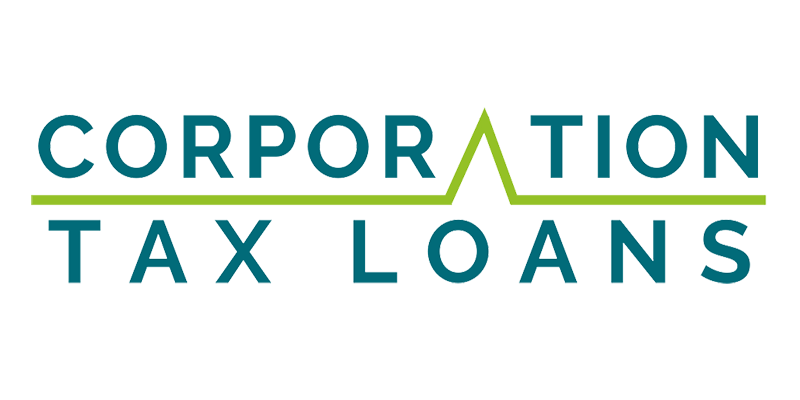Understanding Business Loan Eligibility
Starting and maintaining a business takes a lot of hard work and dedication, not to mention funding. It’s no secret that financial capacity is one of the crucial elements in running a successful business. Sometimes, this funding is not always readily available, which is why business loans are such a popular tool among entrepreneurs. However, getting approved for a business loan is not always easy. This is why it is important to understand what lenders look for when assessing eligibility. If you’re a business owner looking for some help in understanding business loan eligibility, this blog post is for you.
What do they look for?
First and foremost, lenders look at your credit score when determining your eligibility for a loan. Your credit score gives an indication of how you have managed your finances in the past. It’s also good for seeing whether you are likely to repay the loan you are asking for. As a business owner, lenders will look at both your personal credit score and your business’ credit score. It is imperative to have a good credit score because a low credit score can significantly decrease your chances of getting approved or result in higher interest rates.
Another factor that lenders will consider when assessing your eligibility for a loan is the length of time your business has been operating. The longer your business has been running, the stronger the lender’s confidence will be in your ability to manage your business’s finances. In general, lenders prefer to work with established businesses as opposed to start-ups. If you are a start-up, be prepared to present a solid business plan and financial projections. This is to show lenders that you are a good investment.
The amount of revenue your business generates will also play a significant role in determining your eligibility. In general, lenders will require that your business generates a stable, consistent level of revenue. To increase your chances of being approved for a loan, you should have a clear picture of your current financial situation and financial projections.
Anything else?
Collateral is another significant factor lenders consider when assessing your eligibility. Collateral refers to any assets you put up to secure the loan. For example, if you’re borrowing money to buy a new piece of equipment, that equipment could serve as collateral. In case you default, the lender can sell the equipment to recover their money. In general, the size of the loan will determine the type and amount of collateral required. Offering up collateral can increase your chances of being approved for a loan. However, it also puts your assets at risk if you fail to repay the loan.
Lastly, lenders will review your debt-to-income ratio (DTI) to ensure you can afford the loan payments. Your DTI compares your total monthly debt payments to your monthly gross income. In general, a DTI ratio of 35% or less is considered good because it indicates that you have a greater ability to handle your current debts and the added debt of the new loan. Lenders may require a lower DTI depending on the size of the loan or the industry you’re in.
Contact Us
Getting approved for a business loan isn’t always easy, but understanding the factors that lenders consider when assessing eligibility can significantly increase your chances of success. As a business owner, it is essential to be prepared with a solid business plan, financial statements, and projections when approaching lenders. With a little patience and perseverance, you can secure the funding you need to grow your business successfully. If you would like more information on the above, then please get in touch.











